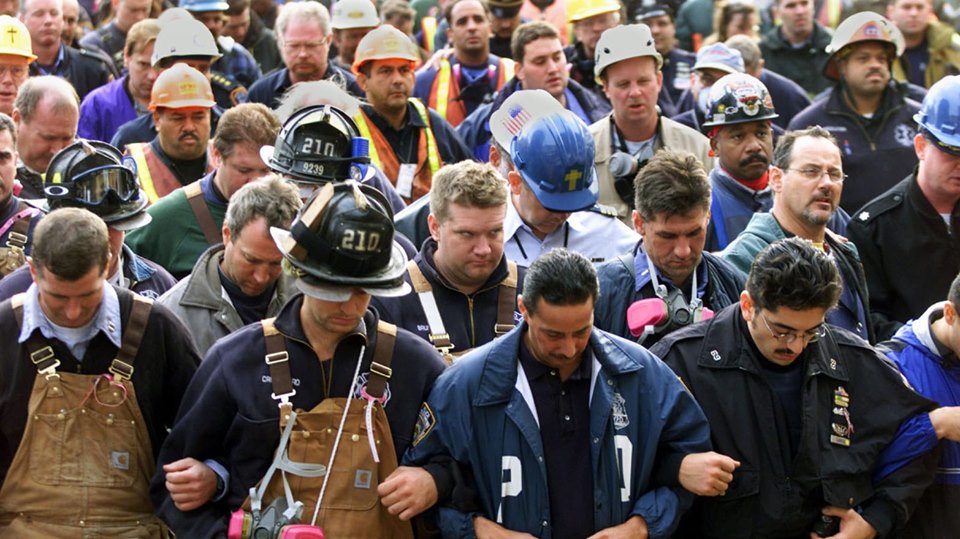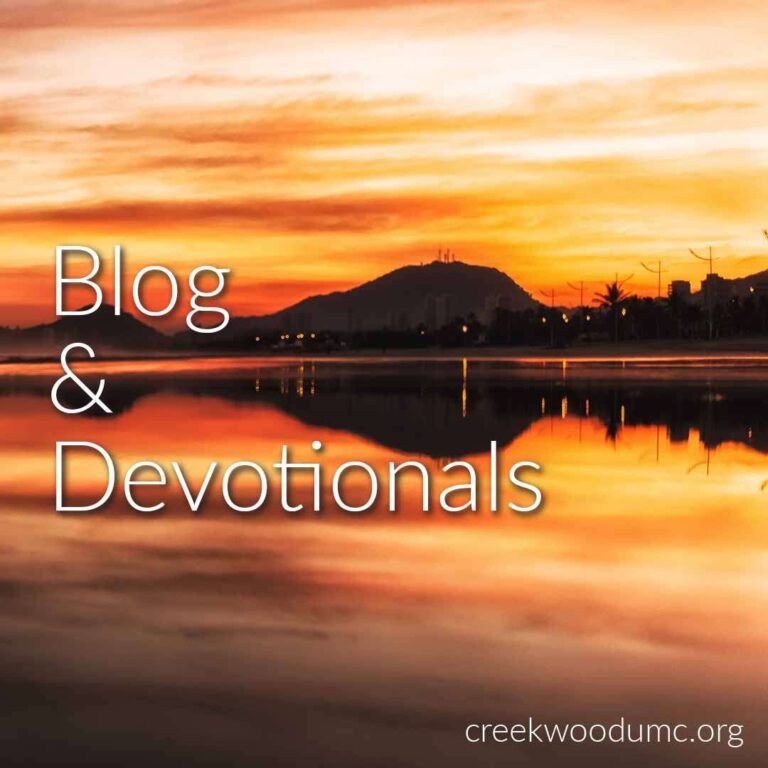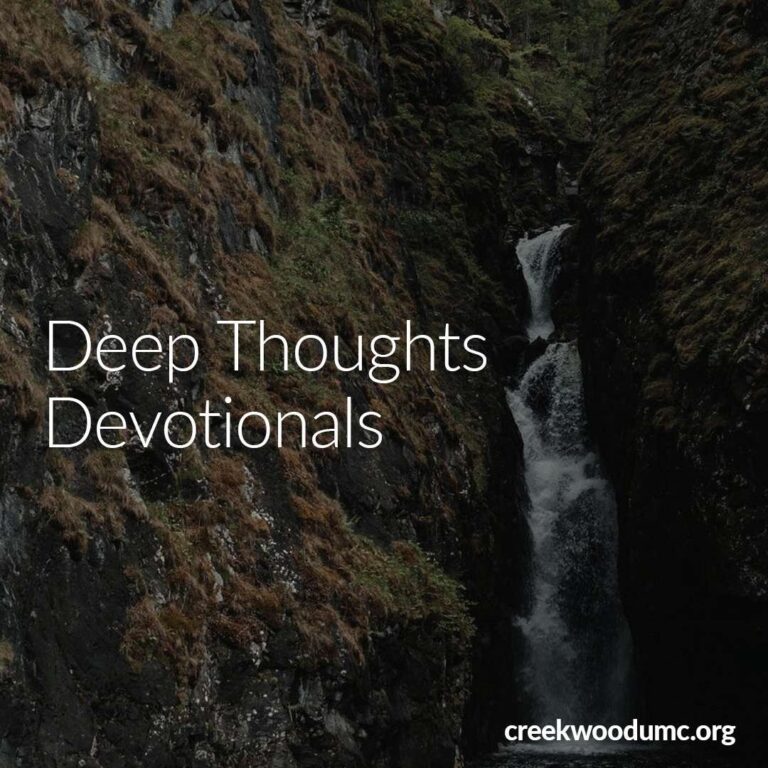A Trigger Warning
“You who live in the shadow of the Most High, who abide in the shadow of the Almighty, will say to the LORD, “My refuge and my fortress; my God, in whom I trust.” For he will deliver you from the snare of the fowler and from the deadly pestilence; he will cover you with his pinions, and under his wings you will find refuge; his faithfulness is a shield and buckler. You will not fear the terror of the night, or the arrow that flies by day, or the pestilence that stalks in darkness, or the destruction that wastes at noonday.”
Psalm 91:1-6 (NRSV)
Let me start out by giving a trigger warning for this week’s sermon. As we are exploring how we can flourish in and because of the relationships we have, it would be neglectful to not speak into the reality that many of us exist in relationships that are broken, lost, or that we wish we didn’t have to exist in. I want to thank everyone who responded to my Facebook question, as it affirmed the reality of the difficult juxtaposition that exists for many between “I believe I should love my enemies” and “I can’t be in the same room as that person for my own sanity.”
I offer the trigger warning because I know separation, betrayal, and lost love can bring up traumatic responses that we sometimes can’t control and may be uncomfortable showing in public. However, my hope for Creekwood has always been that we are a congregation that allows the fullness of emotion without judgment and are a supportive community that rallies around those who need us the most. I also believe that, when we are ready, we should confront our discomfort head on to fully learn how to live with the trauma we carry.
Secondly, I also wanted to point to a recent anniversary to give anyone hope who may not see hope: September 12th.

I realize there were Arab-Americans especially who may not have the same fond memories of September 12 due to unjustified racial messages sent their way – a tragedy we should repent of – but there is no denying a tangible sense of togetherness that spread over America the days and weeks after the terrorist attacks of 9/11/21. I don’t remember American politics being as polarized and vicious as it has become over the last 8 years, but I do remember marveling at senators from both sides of the aisle standing on the steps of the capital, hand-in-hand, singing “God Bless America.”
For those suffering from/through divorce, betrayal, or the loss of a close relationships, most would never want to equate their personal pain to the loss of nearly 3,000 people and innocence/naivety for many but trauma is trauma and we experience fear and learn how to cope in many of the same ways.
After the trauma of 9/11, TCU cancelled classes for two days. We were told not to leave our dorm rooms unless necessary. When I think about the goal of terrorism it is to “invoke fear” and “disrupt the peace,” which in the context of warfare can almost guarantee victory. Without the confidence to face our enemies, or even the confidence to go about our daily lives without panic, we’re bound to be hurt, do hurt, and make the situation worse. In the days and weeks following 9/11 we did make racial jaunts, increased security to the level where daily activities became potential threats, and played into the discord that the terrorists meant to happen.
But we also sang together.
And worship attendance went up.
And acts of volunteerism increased.
And people bought NYPD and FDNY hats.
And charitable giving poured in.
And we didn’t live in total fear. We lived in confidence because of each other and because of a larger identity.
When someone hurts us through separation or betrayal, whether intentionally or just because they have different priorities at the moment, it accomplishes similar things to terrorism. We question every truth we’ve ever known. We doubt ourselves and our security. We wonder what else will come. We find people and things to blame and take our anger out on them. We feel empty and helpless so we find ways to cope that might not always be helpful.
Trauma and terror cause the ground beneath our feet to feel like it doesn’t exist, and outside of food, shelter, and water, the most foundational need according to Maslow’s hierarchy is “security.”
Where did we find that on 9/12?
Each other.
God.
A higher purpose.
In Psalm 91, the songwriter writes a beautiful poem of his trust in God in all situations. Knowing the events of the times I cannot imagine that his life was all daisies and roses, and even some of the metaphors of war and snakes that he uses suggest this is true. But with his confidence in God’s overarching goodness, he knows he can stare his enemy in the face with confidence and not terror.
There’s a lot more that goes into learning to live with trauma, but we need to have a firm foundation, and that is the belief that God is infinitely more wise than we are AND that God can make all things good.
From there, surrounding ourselves with people who remind us that there is good in the world and that we are part of that good is important. People who show us our value so as to lay to rest the questions of worthiness caused by those who hurt us.
And next is to join in with those who are singing and serving to remember no one can steal your agency and ability as a human, because God gave it to you – not any one person or group.
All that to say, I know the ideal presented by Jesus for our broken relationships is tricky. We want to forgive, but in truth they really did hurt us beyond what is acceptable. We want to love, but that person is now a monster. We want to be in love, but our trust has been broken and security taken away.
Sometimes it’s just not possible to be fully engaged again. And that’s ok. But rather than cast ourselves as adversaries and live out of terror and conflict, we are offered a more firm foundation for who we are – a foundation built upon a God that can overcome anything and lift us up in any circumstance. A God that is the lone source of our life and giftedness, something which no one can take away.
I pray that we all find our firm foundation and that we do it together. There has never been an era of Earth that was without conflict, but in that God has never, ever abandoned us.
Peace,
David Lessner


